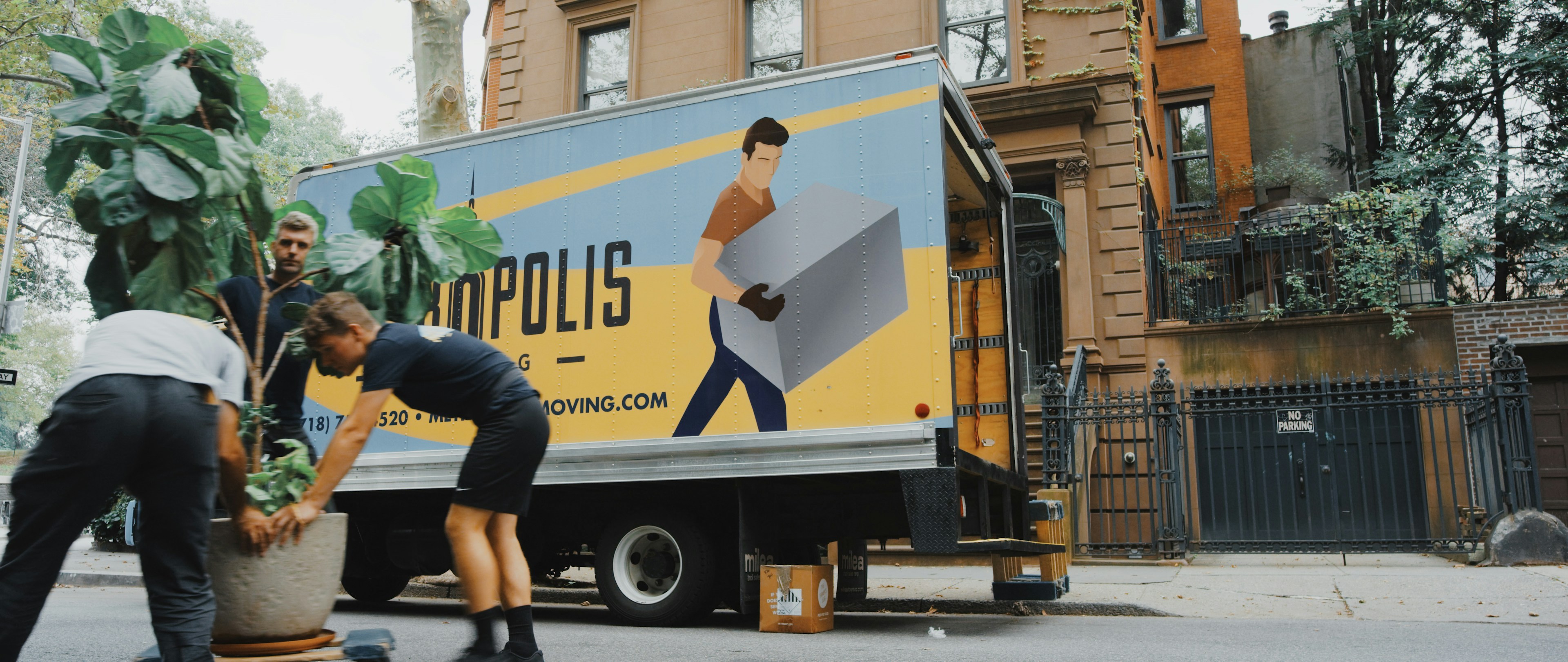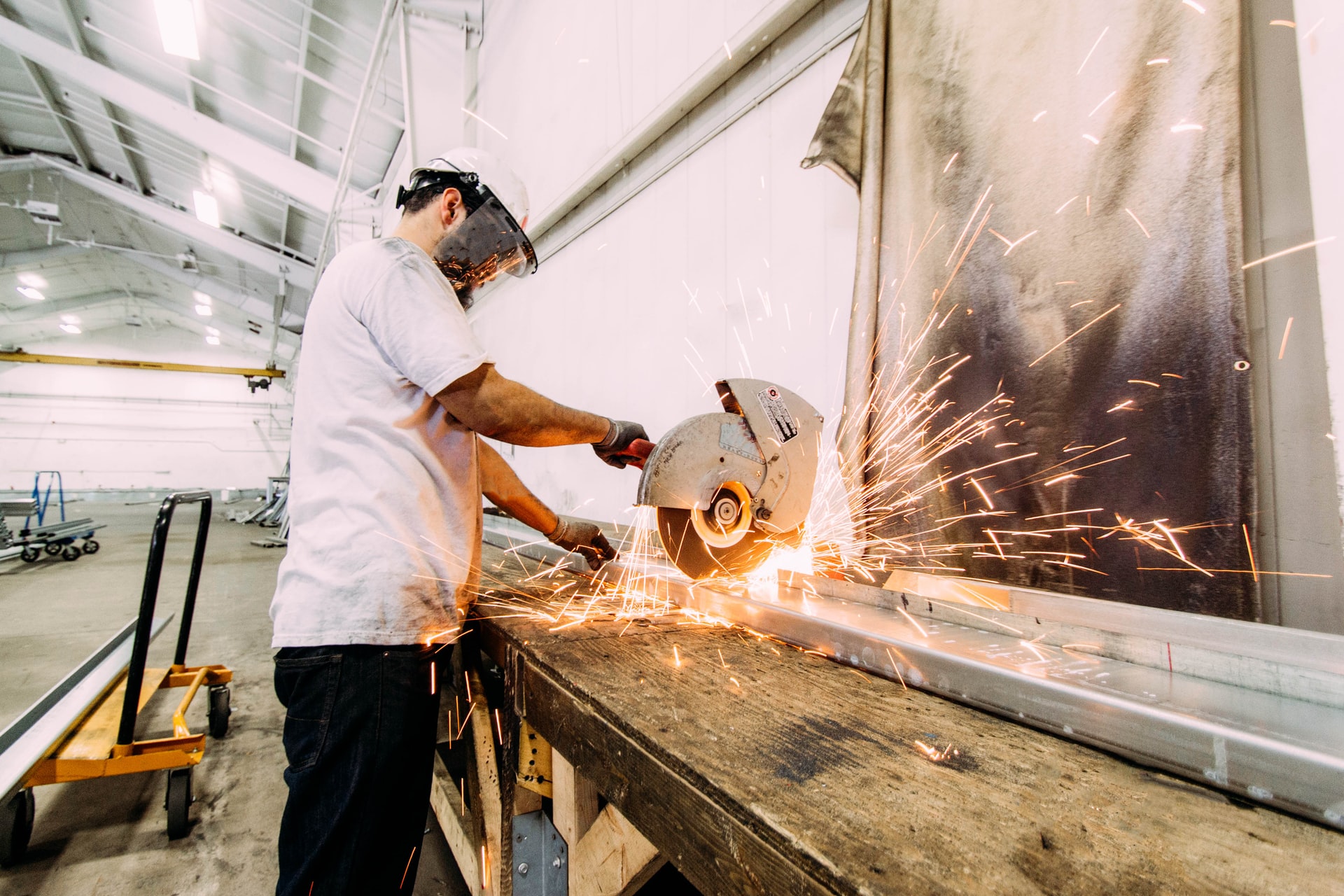Moving can be one of the most stressful events in a person’s life. The bigger the move, the more stressful it can be. For example, moving to another state or region will require far more logistics than moving across town. In addition to the packing, physically moving, and unpacking, you’ll have to deal with changes in utilities, exchanging of keys and information for the house you’re leaving and the house you’re buying, as well as food and drinks, during and immediately following the move.
Despite the stress of moving, it can also be one of the most exciting times in your life. If you’ve been looking at those mountain homes for sale for a long time, and you’re finally moving into your dream home, the excitement and joy can be overwhelming. It’s essential not to let the stress of moving to overshadow the excitement of this new beginning. Here are a few tips to help you survive your first week in your new home.
1. Use a moving company.

While you might think you’re saving money by doing the whole move yourself, you’re not considering reducing the stress and frustration you will feel using a moving company. For example, 495 Movers is one of the many moving companies in Maryland that provides various services to fit your needs. They can help you move across town or the country. They can do as little as show up with a truck and drivers to get from one place to the other, or as much as packing your belongings, loading them up, and unloading them into your new home. They have earned a reputation for their quality of services that has allowed them to grow as a business.
Using a moving company will give you the freedom to focus on the other things that need to be done, like setting utilities and moving your family members. If you’re moving with children or pets, you know the additional stress you’ll be under to safely ensure everyone arrives at the new house. When you hire a company, make sure they’re insured and appropriately licensed in their area. Also, make sure the interactions you have with them leading up to the move are professional, and demonstrate the level of professionalism you should expect during the actual move.
When you’re getting closer to moving, contact your moving company to get over exactly what services you’ll need, the timeline, and the total costs. Ask any questions you may have and share your concerns, so your moving representative can help calm your nerves by providing insight into their moving process. If you’re nervous about your choice in companies, talk to others who have used their services to see how they felt about the experience.
2. Buy easy food and drinks.

Assume you’ll be unable to cook the first week you’re in your new house. If you can get the kitchen unpacked and set up on that first day, great, but assume that you won’t. Buy plenty of bottled water, ready to eat healthy snacks, and food cooked in the microwave. That way, you won’t feel pressured to find everything and cook a meal when you’re mentally, emotionally, and physically exhausted from everything else you’re trying to accomplish.
Having bottled water and quick snacks on hand will also make a move less stressful for your family members, children, and pets. Don’t forget to have dog treats and food handy throughout the move, so you don’t end up having to run to the store when you didn’t originally intend to because you can’t find where you packed the dog food. If you end up not needing or using the water and food you bought for the move, they’ll still get used. It’s not going to be a waste of money regardless of when the stuff gets eaten.
If you aren’t moving far, it may be best to have your pets stay with family or trusted friends throughout the move and then bring them to their new home after you’re completely there. Waiting to bring your pets after you’re moved in will help them adjust to their new home easier and reduce the stress caused by the chaos of moving day.
3. Rent a storage unit before the move.

When all of the boxes and furniture are unloaded into your new house, you’re going to feel overwhelmed by the amount of stuff. One way to lessen that is by moving the items you know you won’t need immediately to a personal storage unit before the move. For example, you can move all of your season items, holiday decorations, out-of-season clothes, outdoor items, and stuff that was already in storage to a storage unit. This will decrease the number of boxes that need to be immediately unpacked and put away in the new house.
If you aren’t familiar with your storage options, you can do an online search for “climate controlled storage near me.” You want to make sure the storage facility you use is secured and climate-controlled to ensure your possessions are safe while being stored. You’ll get a key to your storage unit, so you can go to it whenever it is convenient for you. Once you get the house unpacked, you can start moving items from the new house’s storage unit. Renting the storage unit will eliminate the stress of having to get it all done quickly. You can take your time and figure out where you really want to keep everything in your new house.
If you’re downsizing, you may decide to keep the storage unit for seasonal or outdoor items to avoid having to store them at your new house. You won’t have to worry about humidity, mold, or mildew with a climate control rental unit. Storage facilities are affordable and convenient throughout the moving process. You can rent units in many different sizes depending on what you need to store. You can even find rental units large enough to store recreational vehicles until you’re settled and have a place to keep them at your new property.
Moving is always stressful, but following these tips should help you get through the process as well as possible.

